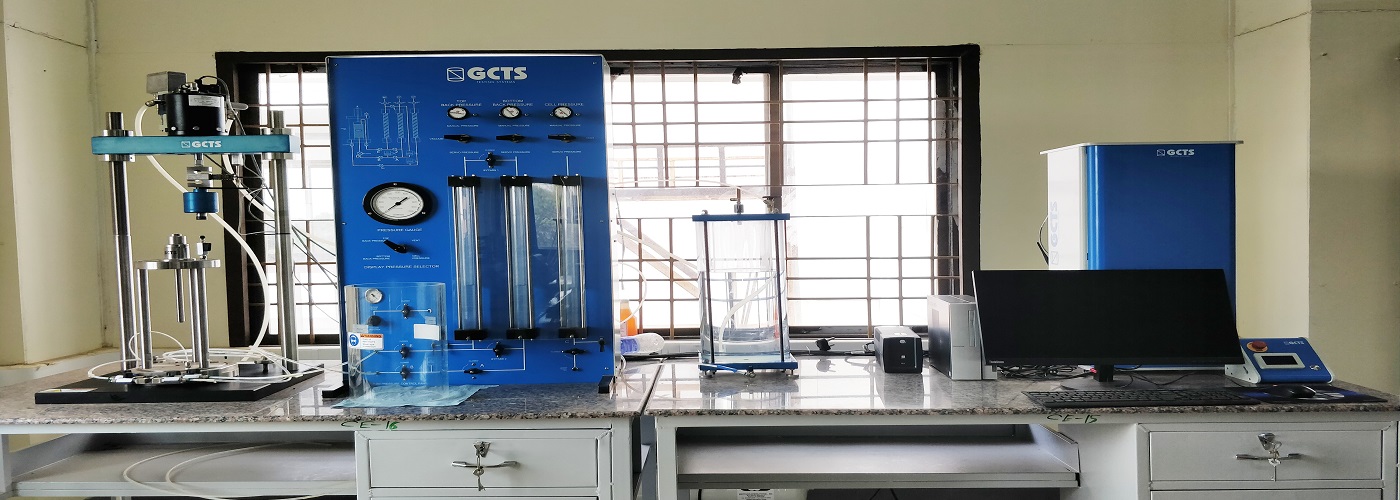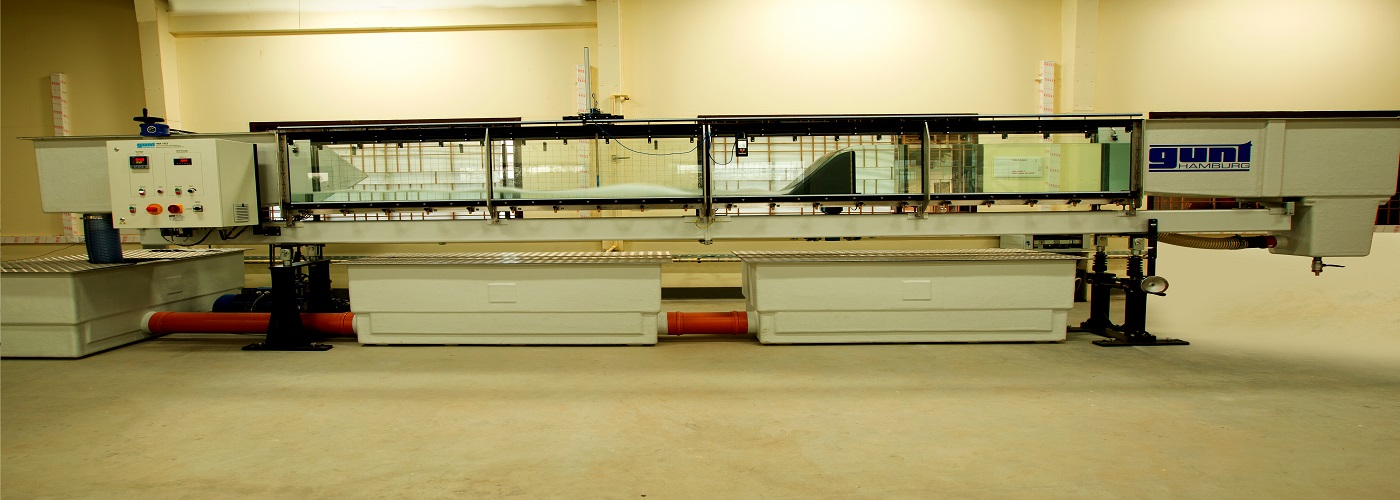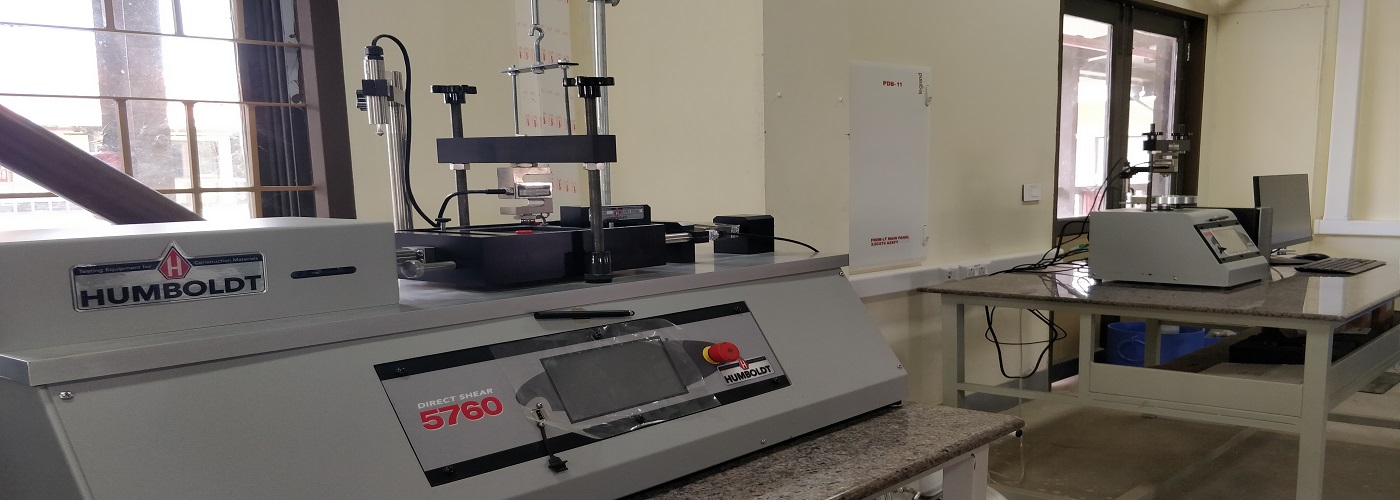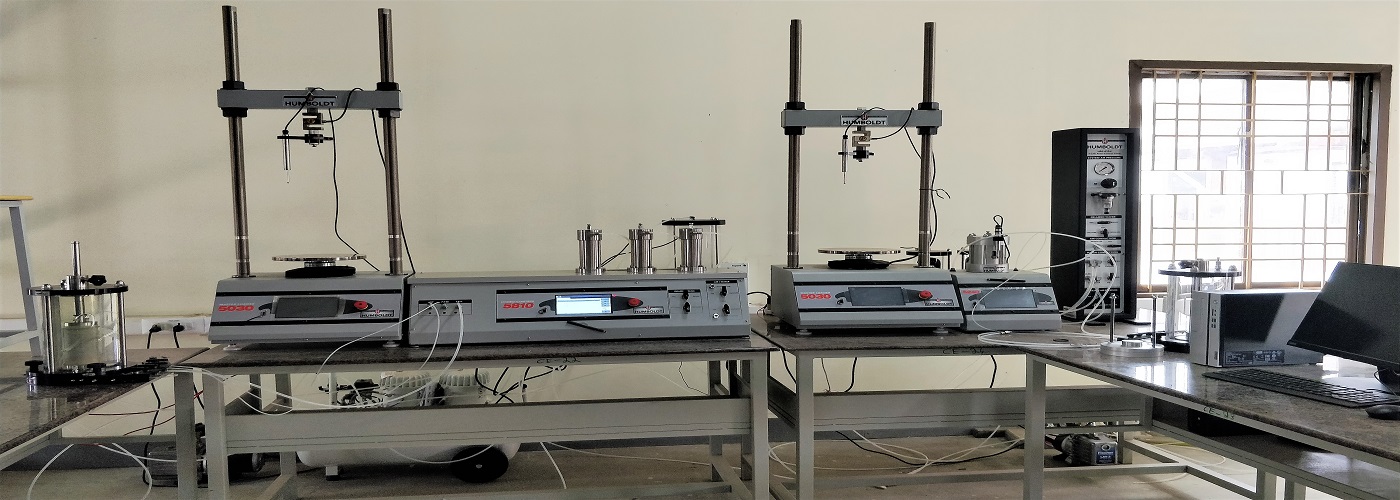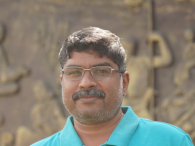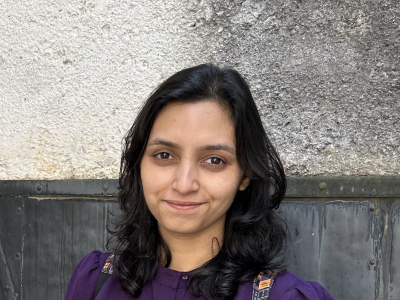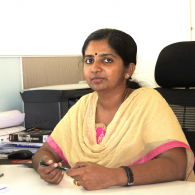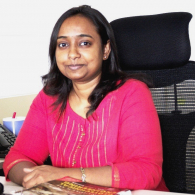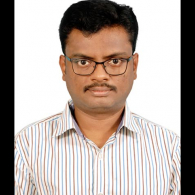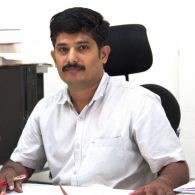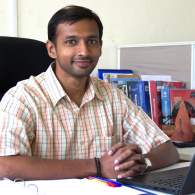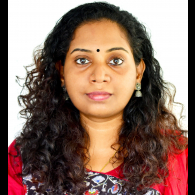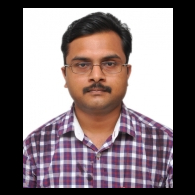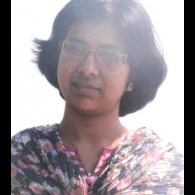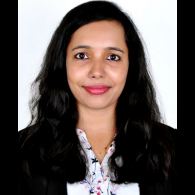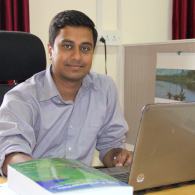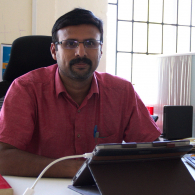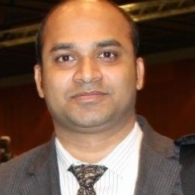Specializations
1. Building Materials and Construction Management
The research in Building materials and construction technology at IIT Palakkad is focussed on the development of sustainable and modern construction materials for building systems and its implementation. The research laboratory facilities developed are generic with respect to materials research and can be used for physical and mechanical characterization of all construction materials. The near future plan is focussed on developing a laboratory for durability testing with emphasis on concrete and corrosion. Some of the current work includes improving robustness characteristics of special concretes such as self-compacting concrete (SCC), design and prototype applications of fibre reinforced concrete (FRC) and improving the durability characteristics of textile reinforced concrete (TRC). Another recent area of research being pursued is the utilization of low grade clay in building materials including its classification as per usage potential.
Faculty Members
- Dr. Senthilkumar V.
2. Environmental Engineering
Research in Environmental Engineering at IIT Palakkad broadly focuses on understanding physical, chemical, and biological processes in the environment, various water quality issues, process development of water and wastewater treatment system, and groundwater remediation.
Faculty Members
- Dr. Praveena Gangadharan
3. Geotechnical Engineering
The geotechnical engineering group in IIT Palakkad is focused on areas like Reinforced Soil & Ground Improvement Techniques, Geosynthetics: Geotechnical and Geo-environmental applications, Green Geotechnics, Physical and numerical modelling in Geotechnical Engineering, Deep Foundations, Soil Stabilisation and Soil-Structure Interaction.
Faculty Members
- Dr. Divya P.V.
- Dr. Rakesh J. Pillai
- Dr. Sudheesh T. K.
4. Structural Engineering
The research potential includes the theoretical and experimental research related to the following areas: Buckling and post-buckling behaviour of steel structure, Concrete filled steel tubular (CFST) members, Reinforced, and prestressed concrete structures, Structural evaluation of deteriorating structures, Non-destructive testing and evaluation, Structural dynamics and Earthquake engineering with an emphasis on vibration control of structures, Passive, active and semi-active feedback control of structures, Nonlinear dynamic behaviour of structures and Sub structure shaking table test.
Faculty Members
- Dr. Anil Kumar M. V.
- Dr. Madhu Karthik M.
- Dr. Sanjukta Chakraborty
5. Transportation Engineering
Transportation engineering is the application of science and mathematics to enable safe and efficient transport of people and goods. The specific research areas in which the faculty at IIT Palakkad work are road network analysis, urban and regional transport planning, traffic engineering, transport safety etc.
Faculty Expertise
- Prof. Tom V. Mathew
- Dr. B. K. Bhavathrathan
6. Water Resources Engineering
The research capabilities of Water Resources Engineering group include both simulation and field scale studies in the mentioned areas. Watershed management and developing best management practices using hydrologic models; ungauged basin predictions; groundwater and stream-aquifer interactions; climate and land use change projection and impact assessment on hydrology and water resources; quantification of uncertainty in regional scale climate change studies; forecasting and mitigation studies of hydro-climatic extremes such as droughts and floods; utilizing climate oscillation information for long term prediction and planning of water resources availability; exploring advanced statistical techniques for simulation and analysis of hydro-climatic datasets; teleconnection and impact analysis of large scale ocean atmospheric phenomena with food-water-energy nexus.
Faculty Members
- Dr. Athira P.
- Dr. Sarmistha Singh
- Dr. Subhasis Mitra
Research Facilities
Laboratories/ Research Centres
- Large Infrastructure Testing Laboratory
- Construction Material Testing Laboratory
- Advanced Geotechnical Engineering Laboratory
- Environmental Engineering Laboratory
- Water Resources Engineering Laboratory
Research Equipments
- Servo Hydraulic testing System — including load frame, controller, software, HPU (Hydraulic power unit). It is a multipurpose testing system for materials and component testing under static or alternating loads with periodic or random signals.
- Actuators (MTS) of capacity 100 kN and 250 kN – These devices are used for providing load to the structure considering static, dynamic and fatigue appliances.
- Real time modular Data Acquisition Systems (NI) – Standalone compact Data Acquisition and control system for control and monitoring of actuators and sensors such as load cell, strain gauges, LVDTs, earth pressure cells, pore pressure transducers, accelerometers, and string potentiometer. The system can incorporate data processing, signal conditioning and connectivity with sensor specific input/output modules.
- 100kN & 500kN Servo hydraulic UTMs—Universal Testing Machine (UTMs) –These are used to test the tensile strength and compressive strength of materials
- Speed Control Motor with frequency varying between 90 rpm—1400 rpm for the application of lateral periodic excitation to the structure.
- Fully automated static triaxial setup: for conducting conventional triaxial compression tests such as Unconsolidated Undrained (UU) tests, Consolidated Undrained (CU) tests and Consolidated Drained (CD) tests and stress path tests. The equipment have computerized control system for the application of cell and back pressures, and deviator stress, and measurements of volume change, pore pressure; stress/strain paths, etc.Using the pore-water pressure measured during the test, the shear strength determined from this test method can be expressed in terms of effective stress or total stress. The shear strength determined from the test is commonly used in embankment stability analyses, earth pressure calculations, and foundation design.
- Automated Oedometer System: Fully-computerized oedometer apparatus for performing consolidation and swell tests. The system is capable of determining the compressibility and swelling characteristics of the soil. The data from the consolidation test are used to estimate the magnitude and rate of both differential and total settlement of a structure or earthfill.
- Automated Direct Shear System: The system is capable of performing direct shear test under fully computerised control for the determination of shear strength characteristics of the soil. The test is performed by deforming a soil specimen at a controlled strain rate on or near a single shear plane determined by the configuration of the apparatus.
- Fully Computerized Cyclic Triaxial Test System: Fully Computerized Dynamic / Cyclic Triaxial Test System will be used for determining dynamic/cyclic shear strength behaviour of soil mass. The system is capable of performing isotropic and anisotropic consolidation; Ko-consolidation; cyclic triaxial tests with different drainage conditions (CD, CU, and UU) to obtain dynamic shear strength and deformation, liquefaction potential, shear modulus, damping ratio, etc.
- Fully Automated Flexible wall Permeameter: Fully Automated Flexible wall Permeameter for conducting hydraulic conductivity tests such as constant gradient test, constant flow test and isotropic/anisotropic consolidation test and hydraulic conductivity ratio tests in soil.Hydraulic conductivity varies with varying void ratio, which changes when the effective stress changes.This equipment provides a means for determining hydraulic conductivity at a controlled level of effective stress for porous materials.
- Fully Automated Soil-Geosynthetic Interface Shear Resistance testing system: This equipment has automatic computer control to determine the interface and internal shear resistance of Geosynthetic clayliner (GCL) and other geosynthetic materials with the soil. The system is capable to determine the interface and internal shear resistance of Geosynthetic clayliners (GCL) and Geosynthetic materials such as geomembrane, geotextile, geocomposites, geogrid, etc. with the soil. This is essential for ascertaining the true soil-geosynthetic interaction behavior; and for obtaining the interface parameters used for the design of geosynthetic clay liners and geosynthetics reinforced soil system. The system can be used for performing incremental consolidation, constant volume swell, constant stress swell of geosynthetics clay liners and other soil-geosynthetics systems.
- UV Spectrophotometer- To analyze transition metal ions, highly conjugated organic compounds, and biological macromolecules.
- TOC Analyser- To measure Total carbon (TC), inorganic carbon (IC), total organic carbon (TOC), non-purgeable organic carbon (NPOC), volatile organic carbon (VOC) and total nitrogen (TN) of aqueous and solid samples.
- Multi-channel Potentiostat: Corrosion studies; Electocatalysis; Electrodeposition; Electrochemical impedance analysis
- Experimental Fume- is used for conducting experiments on open-channel flow, running waters, hydraulic engineering and coastal protection.

